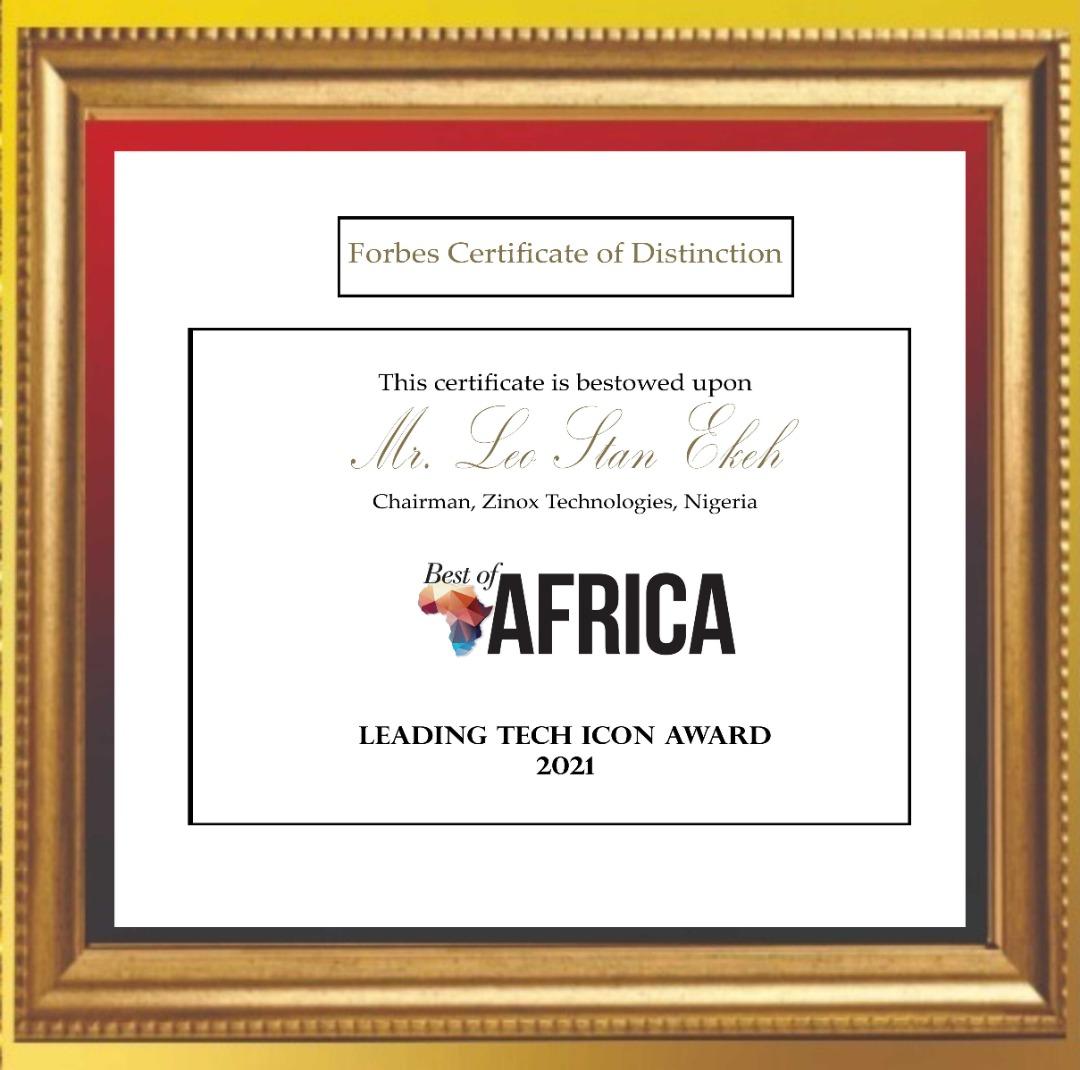In the last 12 months or so, there have been a lot of new systems in technological inventions bordering on payment systems and business models. Some of them seem to be threatening well known business systems and financial activities.
From MMM to bitcoins and now blockchain to so many other ones that are yet to enter Africa.
Pundits are becoming worried and even regulators are sounding more helpless as more money making or financial businesses that fly over and above every regulatory net and even tax system keep coming up.
No doubt, as technological innovations keep coming up and disrupting every aspect of today’s financial system, the UN Environment’s latest report on “Fintech and Sustainable Development: Assessing the Implications” has looked at the development and proffered some agenda.
Experts say turmoil and transition guarantee that tomorrow’s financial system will be very different, and fintech innovations are putting finance at the core of an increasingly automated global economy with seamless two-way communication. This greater decentralization for financial transactions could in turn help increase the provision of finance for sustainable development, the report finds.
The latest UN report is a companion to the second edition of “The Financial System We Need” by UN Environment’s Financial Inquiry and assesses how the financial system’s core functions are likely to be disrupted by fintech innovations and how they could help – or hinder – efforts to align financing with sustainable development.
According to Simon Zadek, co-director of UN Environment’s Inquiry, “Action is needed now to shape the emerging direction of fintech”.
The report provided key steps for the ‘fintech for sustainable development’ to work in tandem with current realities to reduce disruptions by ensuring that fintech is an integral part of financial system development plans, particularly at the national level, and especially for developing countries; Establishing a platform of leading fintech companies to influence the right enabling businesses, policies and standards to connect fintech with sustainable development;
Incentivizing fintech alignment with sustainable development by, for example, supporting venture capital and social impact funds to fund start-ups with sustainable development ambitions.
The report looked at avenues to among other things, unlock greater financial inclusion by reducing the costs for payments and providing better access to capital domestically and internationally; Mobilize domestic savings at a scale that will enable long-term investment directed at the long-term sustainability of the real economy; Disrupt the provision of financial protection, risk management, risk transfer and risk diversification for vulnerable and exposed communities, real economy assets and infrastructures, and nature’s ecosystems.
Collect, analyze and distribute information on the financial system and the real economy for better economic decision-making, regulation and risk management; Provide financial markets with the level playing field and market integrity needed for long-term real economy investments aligned with the sustainable development agenda.
The UN report also gave analysis of how advances in three digital technologies – blockchain, machine learning and artificial intelligence (MLAI) and the Internet of Things (IoT) – could lead to revolutionary innovations for building trust, transparency and traceability for financial transactions and make tomorrow’s financial system far more efficient in mobilizing green finance.









